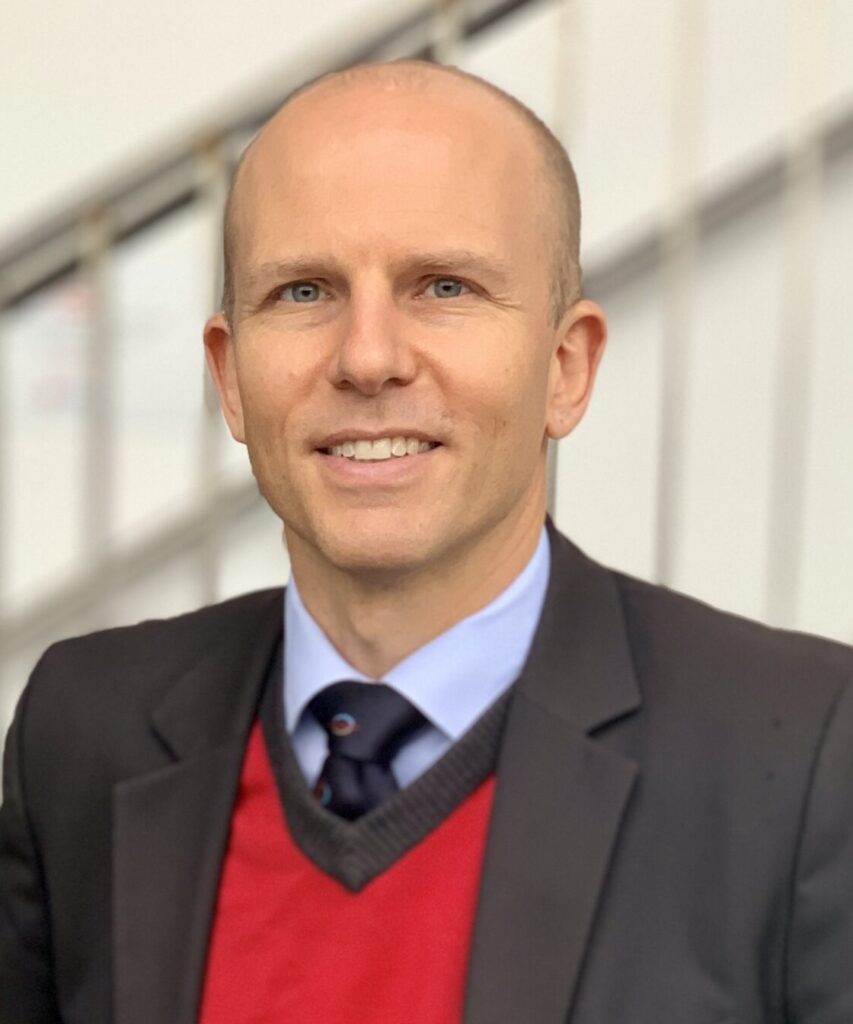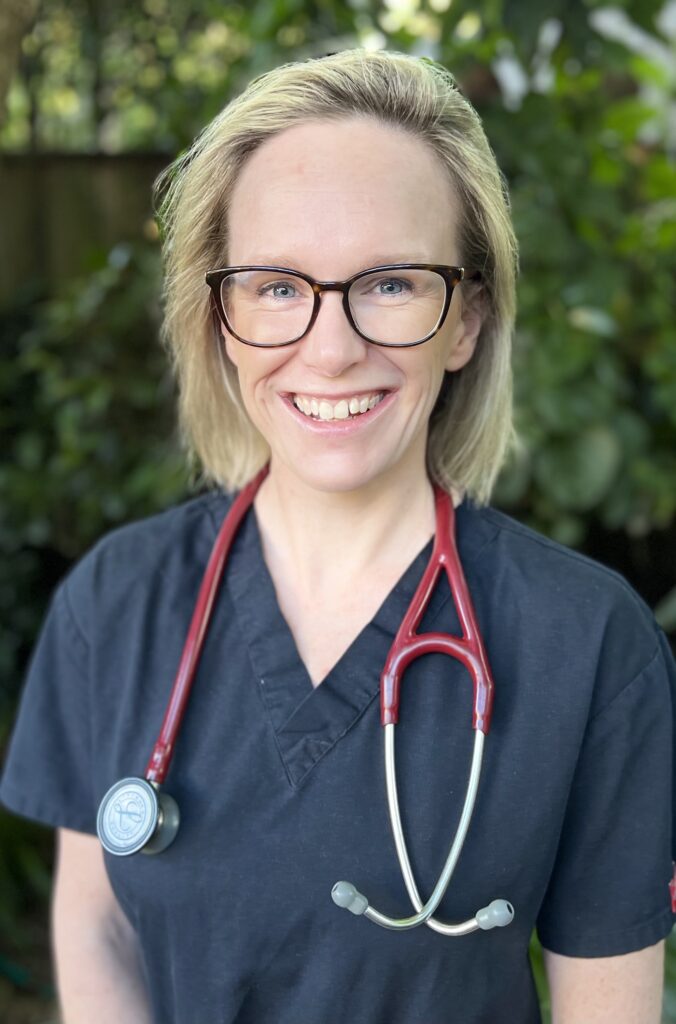Improving diagnosis and treatment monitoring in heart disease
We develop and use state-of-the-art cardiovascular magnetic resonance imaging to better diagnose and evaluate treatment in heart disease, and to understand the basic physiological and pathophysiological mechanisms of cardiac function in health and disease
About us
Our research is a part of a collaborative global network of researchers and clinicians with an aim to provide accurate diagnostic methods, earlier detection, earlier treatment, and decreased morbidity and mortality from heart disease.
Our group brings together and collaborates across a multidisciplinary team composed of cardiologists, radiologists, cardiothoracic surgeons, anaesthetists, cardiovascular physiologists, histologists, molecular biologists, sonographers, radiographers, magnetic resonance physicists, biomedical engineers, image processing scientists, and applied mathematicians.
Our research
Our group focuses on developing and using cardiovascular magnetic resonance imaging (MRI) techniques in order to better understand the pathophysiological mechanisms of heart disease. Through this, we seek to improve diagnosis and develop new treatment options for patients with heart disease. We also use and seek to better understand associated imaging and diagnostic techniques including echocardiography, x-ray computed tomography (CT), cardiovascular nuclear imaging, and electrocardiography (ECG).
Our current research specifically focuses on the challenges related to:
- inefficient filling of the heart – diastolic dysfunction,
- thick walls of the heart – left ventricular hypertrophy,
- a reduction in blood flow to the smallest vessels of the heart – coronary microvascular dysfunction,
- and, how these disease manifestations relate to heart failure, in particular heart failure with preserved ejection fraction (HFpEF).
Our team
Our Sydney team works closely with the Karolinska Cardiovascular Magnetic Resonance group at the Karolinska Institute in Stockholm, Sweden.
Additional international collaborators include: University College London and Barts Heart Centre, University of Birmingham, National Institutes of Health, Duke University, University of Pittsburgh, Albert Einstein College of Medicine, National Heart Centre Singapore, University of Alberta, Lund University, Umeå University, Comenius University, University of Queensland, University of New South Wales.
Research Team
Professional staff:
- Oneka Guneratne ([email protected])
Postdoctoral researchers:
- Enid Eslick ([email protected])
- Nicola Giannotti ([email protected])
- Thomas Lindow ([email protected])
- Scott Quadrelli ([email protected])
PhD students:



